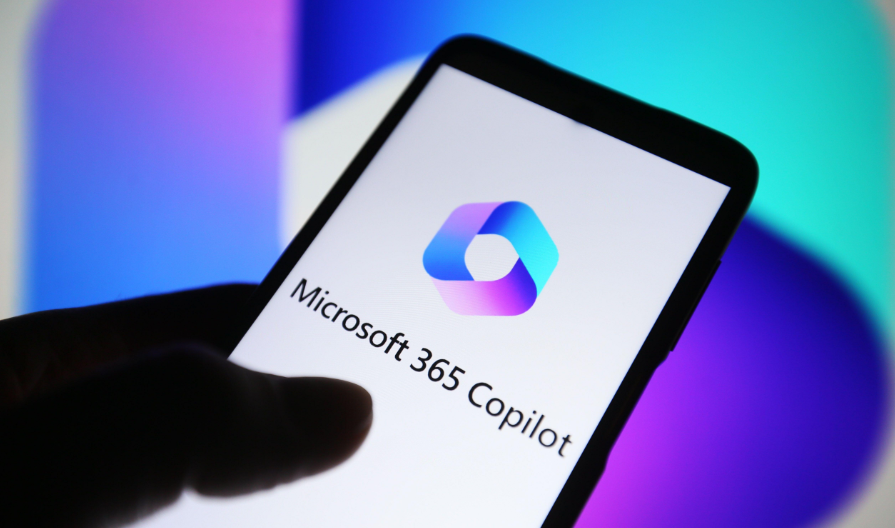Microsoft’s AI Integration in Windows 11. This development marks a significant milestone in the evolution of personal computing, bringing advanced artificial intelligence capabilities directly to users’ desktops. The integration promises to enhance productivity, streamline workflows, and offer personalized experiences like never before. This article delves into the various aspects of this integration, its implications for users and developers, and the broader impact on the tech industry.
The Evolution of Windows and AI
Microsoft’s journey with AI has been long and ambitious. From the early days of simple automation and machine learning models to the sophisticated AI-driven features we see today, Microsoft has consistently pushed the boundaries of what’s possible. The integration of AI into Windows 11, particularly through the Copilot feature, is the culmination of years of research, development, and strategic planning.
What is Copilot?
Copilot is Microsoft’s brand of generative AI, which leverages advanced machine learning algorithms to assist users in a variety of tasks. Initially introduced in Microsoft 365 applications, Copilot has been designed to understand context, predict user needs, and provide intelligent suggestions. By embedding Copilot into Windows 11, Microsoft aims to create a more intuitive and efficient user experience.

Key Features of AI Integration in Windows 11
1. Enhanced Productivity Tools
One of the primary benefits of AI integration is the significant boost to productivity. Copilot can automate routine tasks, manage schedules, and even draft documents based on minimal input. For instance, users can ask Copilot to summarize lengthy reports, compose emails, or generate data visualizations, all of which save valuable time and reduce cognitive load.
2. Personalized User Experience
AI in Windows 11 is designed to learn from user behavior and preferences, offering a highly personalized experience. This includes everything from customized start menus and taskbars to adaptive notifications that prioritize important alerts over less critical ones. Over time, the system becomes more attuned to individual needs, making interactions smoother and more efficient.
3. Seamless Integration with Microsoft 365
Copilot in Windows 11 works seamlessly with Microsoft 365 applications such as Word, Excel, and PowerPoint. This integration means that users can leverage AI capabilities across different platforms, ensuring consistency and continuity in their workflows. For example, data analyzed in Excel can be easily imported into PowerPoint with AI-generated insights and recommendations.
4. Natural Language Processing (NLP)
One of the standout features of Copilot is its advanced natural language processing capabilities. Users can interact with their PCs using everyday language, making it easier to perform complex tasks without needing specialized commands. Whether it’s scheduling a meeting, setting reminders, or searching for files, NLP ensures that the system understands and responds accurately to user requests.
5. Security and Privacy
With the integration of AI, concerns about security and privacy naturally arise. Microsoft has emphasized that Windows 11’s AI features are built with privacy in mind. Data used by Copilot is processed locally whenever possible, and strict security protocols are in place to protect user information. Additionally, users have granular control over what data is shared and how it is used.
The Impact on Developers
For developers, the integration of AI into Windows 11 opens up a plethora of opportunities. Microsoft provides robust APIs and development tools to create AI-driven applications. This not only allows for the enhancement of existing applications but also the creation of entirely new experiences that leverage the full power of AI. Developers can now build apps that are more responsive, intuitive, and capable of automating complex tasks, thus expanding the potential of what software can achieve.
Challenges and Considerations
While the integration of AI in Windows 11 brings numerous benefits, it also presents certain challenges. These include ensuring data privacy, managing the ethical implications of AI decisions, and addressing potential biases in AI algorithms. Microsoft has committed to ongoing research and development to tackle these issues, ensuring that AI in Windows 11 is fair, transparent, and beneficial to all users.
The Future of AI in Personal Computing
The integration of AI into Windows 11 is just the beginning. As AI technology continues to advance, we can expect even more sophisticated features and capabilities to emerge. Future updates may include deeper contextual understanding, enhanced predictive capabilities, and more seamless integration with other smart devices and platforms. The potential for AI to transform personal computing is immense, and Windows 11 is at the forefront of this revolution.
As of now, AI has already begun to permeate various facets of personal computing, enhancing user experiences and enabling new functionalities. From voice assistants like Siri and Alexa to predictive text and image recognition features, AI technologies have become integral components of smartphones, laptops, and other personal computing devices. These advancements have significantly augmented user productivity, convenience, and accessibility.


